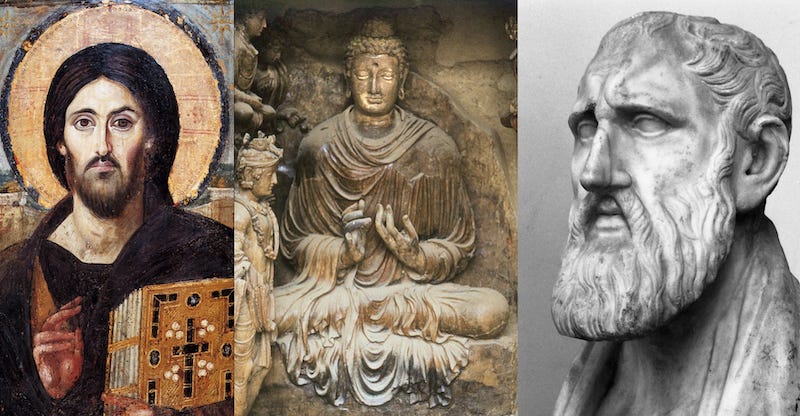

Islam, a monotheistic Abrahamic religion, emerged in the 7th century CE in the Arabian Peninsula through the teachings of the Prophet Muhammad. With over a billion followers worldwide, Islam is not just a religion but a comprehensive way of life that encompasses spiritual, ethical, and societal dimensions.
Foundations of Faith:
Islam’s central tenet is the belief in one God, known as Allah in Arabic. The Quran, considered the literal word of God as revealed to Prophet Muhammad, serves as the primary religious text. Muslims also follow the Hadith, collections of sayings and actions of the Prophet, providing guidance on various aspects of life.
Five Pillars of Islam:
The Five Pillars represent the core acts of worship and practice in Islam, forming the foundation of a Muslim’s faith and practice:
- Shahada (Declaration of Faith): Professing the oneness of God and Muhammad as His messenger.
- Salah (Prayer): Observing the ritual prayers five times a day facing the Kaaba in Mecca.
- Zakat (Charity): Giving to the less fortunate to promote economic and social justice.
- Sawm (Fasting during Ramadan): Abstaining from food, drink, and worldly pleasures from sunrise to sunset during the month of Ramadan.
- Hajj (Pilgrimage to Mecca): Undertaking a pilgrimage to Mecca at least once in a lifetime, if possible.
Prophet Muhammad and Sunnah:
Prophet Muhammad is considered the last and final messenger of God. His life and actions, known as the Sunnah, provide a model for Muslims to emulate in their daily lives. The Hadith, collections of these sayings and actions, offer additional guidance on ethical conduct, morality, and legal matters.
Islamic Jurisprudence:
Islamic law, or Sharia, is derived from the Quran and the Sunnah. It covers various aspects of life, including ethics, morality, family law, and criminal justice. Sharia is interpreted and applied by scholars in different cultural contexts, leading to various schools of thought within Islam.
The Concept of Jihad:
Often misunderstood, the term Jihad in Islam means “striving” or “struggling.” While it can refer to armed struggle in self-defense, it primarily emphasizes the spiritual and moral struggle against sin and injustice. Jihad is not synonymous with “holy war” as it is often misconstrued.
Islamic Art and Architecture:
Islamic art is known for its intricate geometric patterns, calligraphy, and arabesque designs. Mosques, with their distinctive domes and minarets, showcase Islamic architectural styles. The geometric designs reflect the belief in the mathematical perfection of God’s creation.
Muslim Unity and Diversity:
Islam emphasizes the unity of its followers, referred to as the Ummah. Despite this unity, Islam is a diverse religion with various cultural expressions, traditions, and interpretations. The Sunni and Shia branches represent the two major denominations, with multiple schools of thought within each.
Islamic Calendar and Festivals:
The Islamic calendar is lunar-based, and the year is marked by religious events. Ramadan, the month of fasting, culminates in the joyous celebration of Eid al-Fitr. Eid al-Adha, the Festival of Sacrifice, commemorates Prophet Ibrahim’s willingness to sacrifice his son in obedience to God.
Modern Challenges and Dialogue:
In the contemporary world, Islam faces challenges related to extremism, sectarianism, and issues of human rights. Interfaith dialogue seeks to foster understanding between Muslims and followers of other religions, emphasizing common values and shared humanity.
Conclusion: A Religion of Compassion and Submission:
Islam, meaning “submission” in Arabic, encapsulates the idea of surrendering to the will of God. It calls for compassion, justice, and ethical living. Through its rich traditions, diverse cultural expressions, and emphasis on unity, Islam continues to shape the lives of its followers and contribute to the global tapestry of religious diversity.






